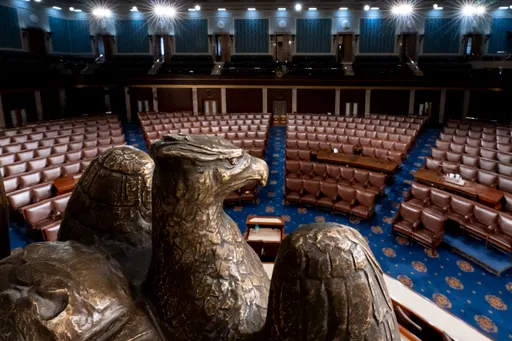Link to the Entire Newsletter
AROUND THE WORLD
MYANMAR’S MILITARY RULE — The streets around Myanmar grew quiet last week, as citizens observed a “silent strike” to protest two years of military rule since a February 2021 coup unseated the country’s democratically elected leaders.
It represented another turning point in the civil war between the military dictatorship and an opposition led by the National Unity Government — established in April 2021 by deposed lawmakers representing Myanmar’s dissolved legislative body — and other armed factions run by Myanmar’s ethnic minorities.
The junta replied to the strike by extending a state of emergency in the country and cracking down on protests, jailing thousands of political dissidents and protesters. Frustrated by its failure to consolidate power since the coup, the military has resorted to a variety of brutal tactics including burning villages, torturing and raping civilians. Survivors of the junta’s alleged war crimes have brought a criminal lawsuit to a German court, which recognizes universal jurisdiction.
In December, U.S. Congress passed the BURMA Act as part of the National Defense Authorization Act, which commits the U.S. to providing “non-lethal assistance” and “technical support” for the NUG and other allied resistance movements.
POLITICO’s Minho Kim spoke with U Kyaw Zaw, a NUG spokesperson, to better understand the civil war in Myanmar and the priorities of its resistance forces. This interview has been edited.
Why is the Burmese resistance against the junta still strong two years after the coup?
That’s the people power — the will of the people. From day one, people protested peacefully, but the military chose violence. They even beheaded our young people. It all started with those who took up arms to protect themselves from the brutality of the military.
Unfortunately, the military has firepower, especially the air power which Russia provides: the Su-30 fighter jets and MI-17 helicopters. The Myanmar Air Force flies the same aircrafts used in Ukraine, dropping bombs against the civilian targets. Attacks are targeted at schools, hospitals and even religious facilities.
The junta uses brutal attacks to make people fearful. But that is backfiring, and the hate against the military is becoming stronger. Almost all of our National Unity Government budget is from private donations. But we aren’t receiving any support, not even 1 percent of what the Ukrainians are receiving.
Hopefully, the international community will soon recognize our struggle and provide practical support, not just statements.
With the passage of the BURMA Act, what kind of support is the National Unity Government expecting?
One thing is for sure: humanitarian assistance. Over 1.6 million people have been displaced in Myanmar because of the junta violence, while a third of the population needs help from war-triggered poverty. Almost all of the displaced are living in areas controlled by NUG and the resistance. Right now, our forces often share their limited rations with refugees, so the direct humanitarian assistance will not only help people’s survival but allow democratic forces to focus on winning and bringing back the freedom and democracy in Myanmar.
Second, we need to choke off the junta’s revenue flow through sanctions, so that they can’t buy arms. Russia has not given the weapons for free; they are selling them. Their most important revenue source is oil and gas. The U.S. government can lead the free world and coordinate with our neighbors like Thailand, India and Bangladesh to impose sanctions and support our efforts.
The NUG government will go along with the will of the people, and what the people of Myanmar want is to end the military dictatorship once and for all. People had already given a chance to the military in 2008. Now everyone can see the result. The military will no longer be involved in politics and be fully under the civilian government. That’s the basic democratic principle.




